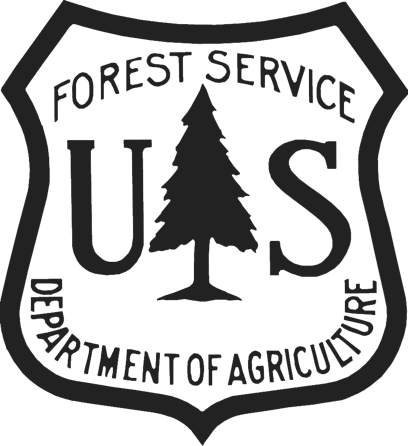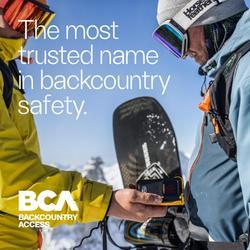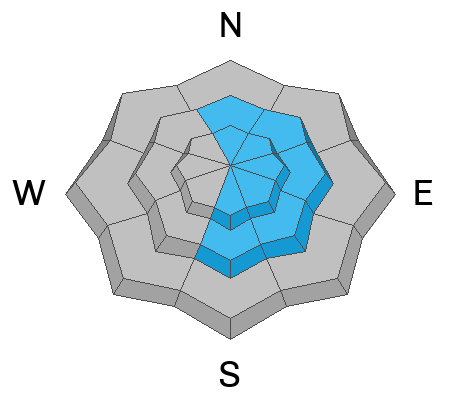Forecast for the Logan Area Mountains

Issued by Toby Weed on
Friday morning, February 16, 2024
Friday morning, February 16, 2024
Expect dangerous avalanche conditions and CONSIDERABLE danger in the backcountry today, with rapid accumulations of heavy snow and drifting from increasingly strong wind blowing from the west. Natural avalanches are possible, especially during periods of heavy snowfall and/or drifting. People are likely to trigger slab avalanches up to 2 feet thick in drifted upper and mid-elevation terrain and on slopes steeper than 30° with significant accumulations of heavy new snow. Loose avalanches of storm snow are possible on steep slopes at all elevations.
- Careful snowpack evaluation, cautious route-finding, and conservative decision-making are essential for safe backcountry travel.
- Avoid and stay out from under slopes steeper than 30° during periods of heavy snowfall or drifting from blowing snow.

Low
Moderate
Considerable
High
Extreme
Learn how to read the forecast here






